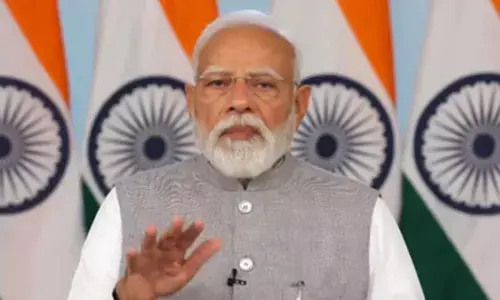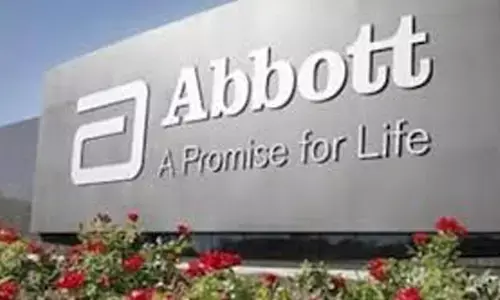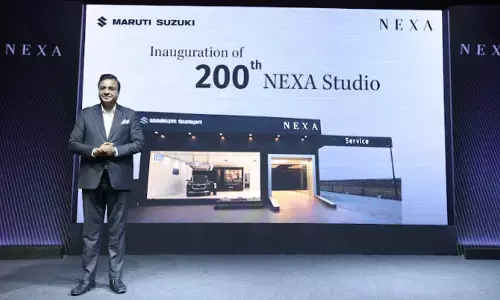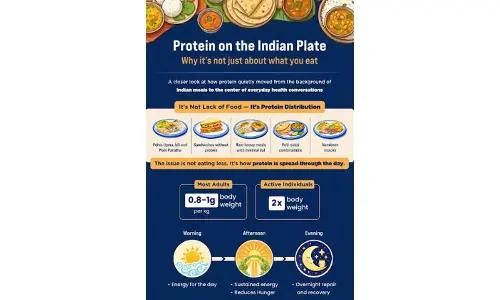Amma canteen scheme: An unexpected, but pleasant gift amid Coronavirus
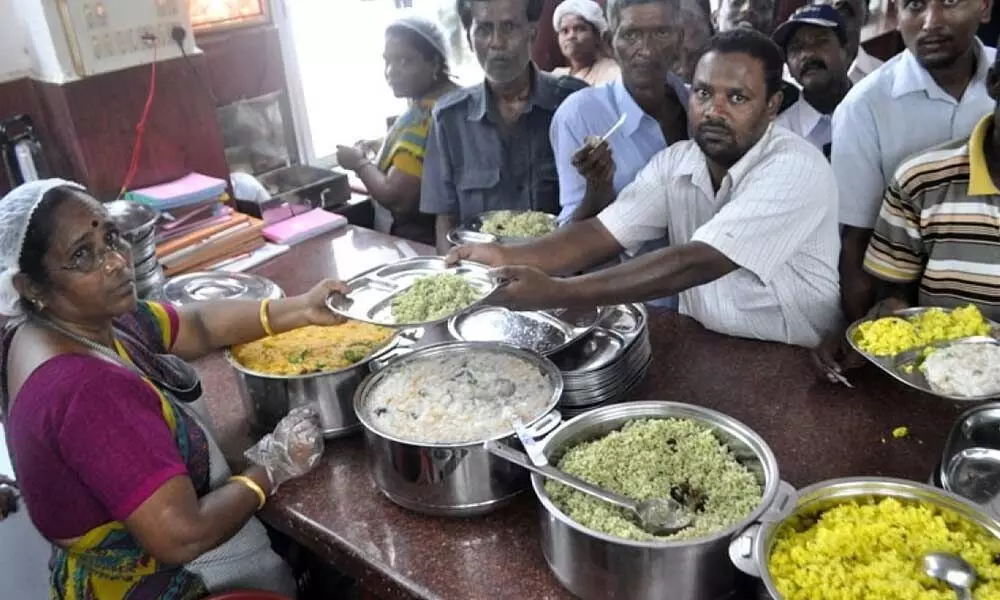
Welfare schemes are started with the intention to provide benefits to vulnerable sections of society. The success of any welfare scheme depends on the seriousness of the people at the helm of affairs, the efficiency of the scheme's functionaries and the involvement of the people.
During the process of implementation, some deserving people get excluded from the scheme, while some of those who were undeserving, manage to enjoy its benefits.
Care must be taken to minimise such errors as political parties in the opposition do not miss the opportunity to capitalise such situations.
Welfare schemes deliver unexpected but pleasant benefits sometimes. The Prime Minister Jan Dhan Yojana (PMJDY), for instance, was launched in 2014 as a financial inclusion measure. A person with no balance could open an account in a bank under the scheme and avail financial services provided by the banking sector. It is true that the income of a person will not increase just by opening an account in a bank.
Women PMJDY account-holders, however, are going to receive Rs 1,500 in three instalments in their accounts by the Union government, amid the nationwide lockdown, invoked to curb the spread of the novel coronavirus disease (COVID-19).
The Amma Canteen, a delivery system to provide urban food security in Tamil Nadu, has become an effective mechanism in reaching the needy during lockdown. This can be seen through the functioning of the 12 Amma Canteens in Madurai.
Breakfast is served from 6-8.30 am, with idli and pongal on the menu. A person can have both. No parcels are entertained.
Approximately 650 plates of idli and pongal are prepared and served in steel plates daily in each canteen. No coffee or tea is served. Hot water mixed with turmeric, pepper and ginger, however, is offered in steel glasses.
Migrants from north India usually benefit from this canteen scheme. A number of people from nearby villages who come to Madurai on foot to purchase vegetables in the morning also have their breakfast there.
A register to record the names of the beneficiaries, with their places of original residence is maintained by the canteens. It is not uncommon to see policemen, municipal workers and people from the media having their breakfast in these canteens.
Food was made freely available in the canteen since the lockdown began. A donation box is kept in the canteens for people to contribute. The boxes are opened in the respective municipal offices.
Lunch — consisting of sambar rice, curd rice, lemon rice and tomato rice — is served in the canteen between 12-2.30 pm. Approximately 650 plates of each food item are prepared for lunch as well. A person can choose to have all three by waiting in different lines.
Dinner is not served in Amma Canteens during regular times. The canteens began serving sambar rice between 6.30-7.30 pm when the lockdown began, for the benefit of migrant workers. Care is taken to ensure there is no wastage by distributing left over food to those who come to the canteen late.
Hand sanitisers are also provided in the canteens to ensure good hand washing.
The Amma Canteen system, in short, has ensured urban food security and is a boon to migrants during lockdown. There are, thus, unexpected but pleasant benefits from this scheme. Is it not possible to replicate this scheme in all states? It must be noted that each welfare scheme has its own historical background.
For a welfare scheme to be successful, it must be launched by a committed leader, in letter and spirit. A delivery system with minimum leakages has to be evolved for the benefits of the scheme to reach the target group. People realise the benefits of the scheme in due course of time. Any political party that comes to power will, thus, think twice before tinkering with such schemes. Beneficiaries begin considering that it is their right to enjoy the benefits of such schemes.
The Subsidised Rice Scheme — then known as Rs 2 per kg rice scheme — introduced in the early 1980s in Andhra Pradesh by the then Chief Minister NT Rama Rao, also became a popular scheme. Those who were uneducated also knew they were entitled to a certain quantity of rice, the price of the subsidised rice and the date of arrival in the fair price shop of the village. A reasonably good delivery system was developed in the State, in due course of time. There was no change in the broad structure of the scheme, even though different parties came to power. It may be noted that the popularity of a scheme may not be replicated in another State. The Amma Canteen Scheme created a ripple effect in other States: The Anna Canteen came up in Andhra Pradesh, Indira Canteen in Karnataka, Ahaar Centres in Odisha and Deendayal Kitchen in Madhya Pradesh.
The coverage of the schemes in these States, however, was limited. Such schemes were also implemented in an ad hoc manner. The benefits of the schemes were not realised to the expected extent in these states, in the absence of a good delivery system.
These States should explore the possibility of utilising available infrastructure in existing private canteens and hotels (closed during lockdown).
This measure would not only help migrant workers but also provide employment to workers who remained unemployed since the lockdown came into effect.
(Courtesy: Down To Earth)


